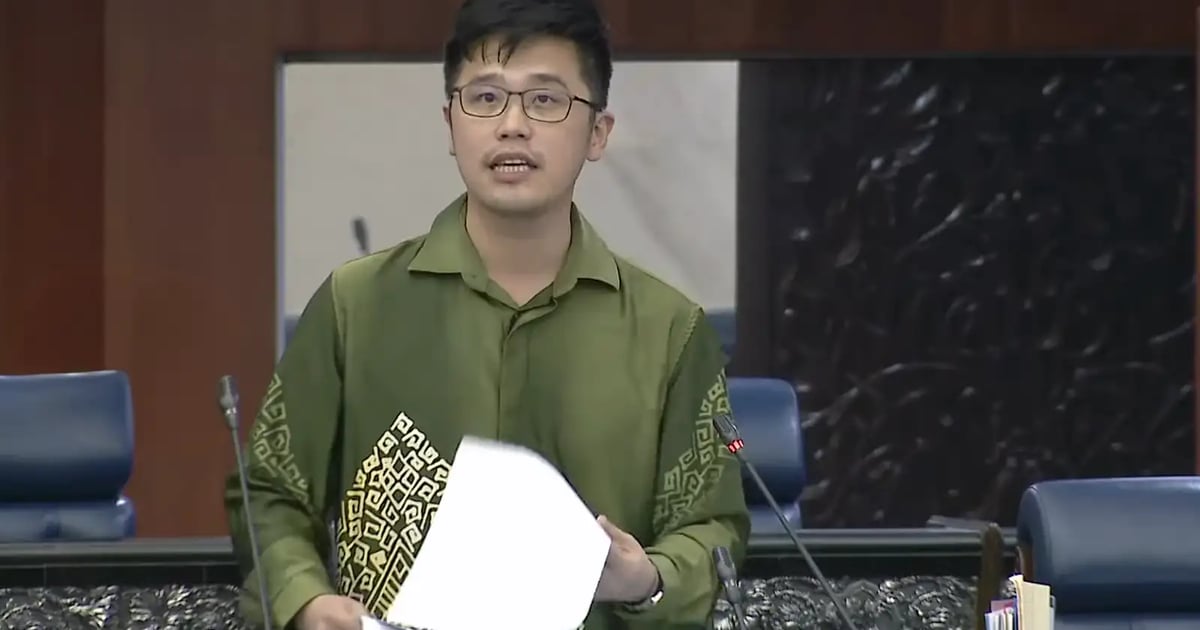
Local councils owe nearly half a billion ringgit to Solid Waste Management and Public Cleansing Corporation (SWCorp) for rubbish collection and street cleaning services, according to Howard Lee (PH-Ipoh Timur).
Lee said RM493 million in unpaid waste management fees is owed to SWCorp, a federal agency under the housing and local government ministry that manages domestic rubbish collection and public cleaning in states that have adopted the national waste system.
Presently, Kuala Lumpur, Putrajaya, Johor, Melaka, Negeri Sembilan, Pahang, Kedah and Perlis have signed on with SWCorp.
“Rubbish has been picked up, the streets cleaned but the money never came,” he told the Dewan Rakyat in debating the 13th Malaysia Plan.
Lee, who sits on SWCorp’s board, said the debts stem from a 2011 arrangement under which the federal government took over waste services in several states.
He said local councils were expected to make yearly contributions into a fund managed by SWCorp, but their failure to pay is now hurting payments to waste contractors.
He urged the federal government to instruct local councils to raise their monthly instalments to slowly pay off the arrears.
As for those who still couldn’t afford it, Lee suggested that their respective state governments step in to help.
He also suggested that Putrajaya should allow struggling councils to apply for soft loans, sell physical assets to raise money, and start budgeting repayments in full as part of their 2026 budgets.
This year alone, the federal government had stepped in to assist, giving out RM8 million in grants to eight councils to help with repayments.
Lee said to ensure full compliance, the ministry should impose penalties on councils that refuse to pay up.
Strict licensing rules limiting trained eldercare workers
Lee also raised concerns about the country’s preparedness to care for its growing elderly population, noting that strict licensing rules have made it difficult for care centres to accept student trainees from the national skills training programme.
He added that many centres lack the necessary licences from welfare or health authorities, contributing to a shortage of trained eldercare workers.
To address this, Lee proposed that the government allow these centres to accept interns without requiring full licences, provided they meet minimum standards set by a professional care group.
“We have so many elderly people waiting to have their diapers changed, but we’re stuck with the issue of licensing.
“It doesn’t match the urgency on the ground,” he said.






